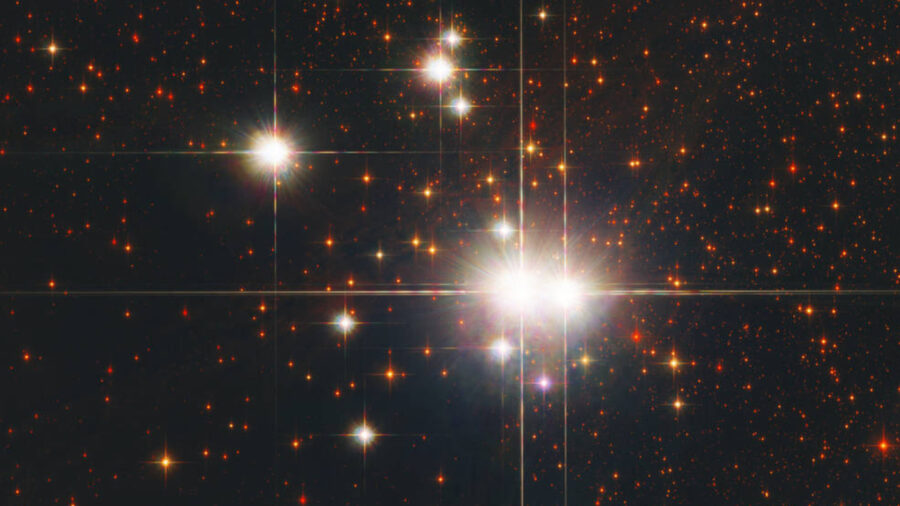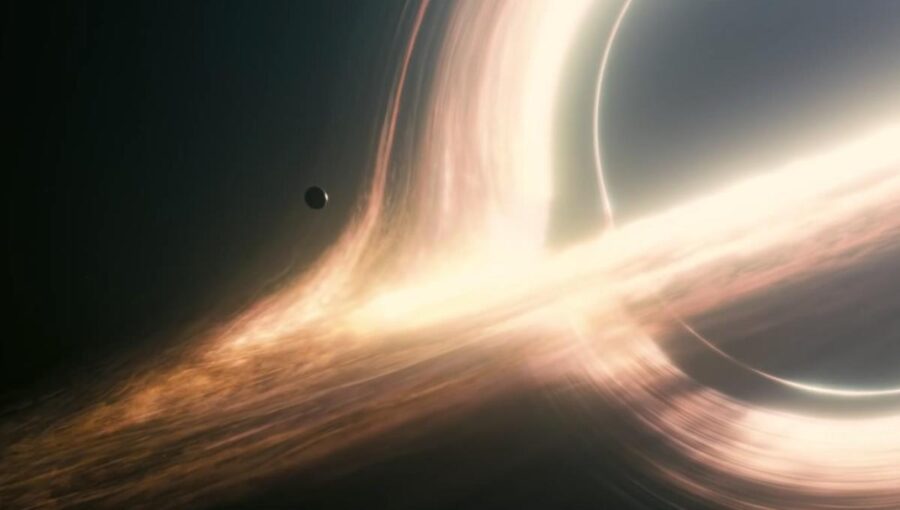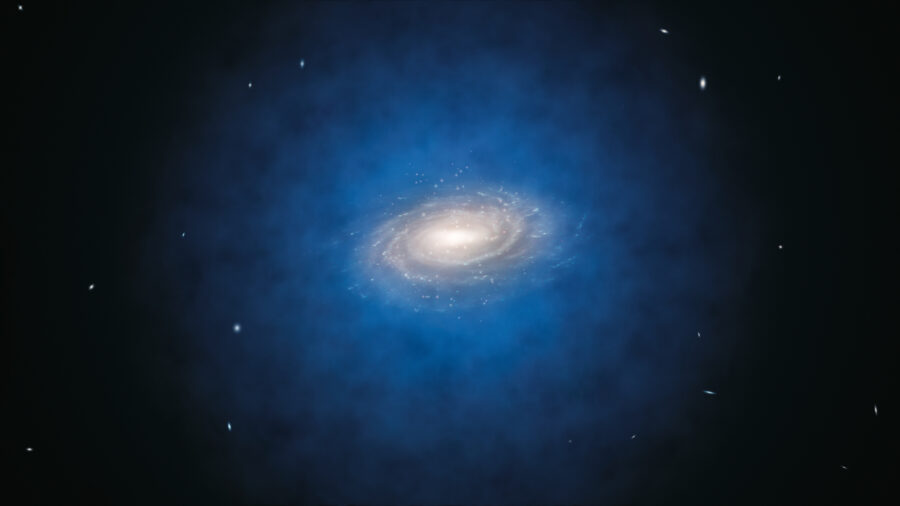Dark Matter May Not Exist At All
Dark matter has been a given for nearly half a century, but now it may not even exist.
This article is more than 2 years old

For nearly 50 years, it has been theorized that most of the known universe is comprised of a material that doesn’t interact with light, which makes it invisible and undetectable. This is what astrophysicists call “dark matter” and they say it is this material that accounts for much of the gravitational pull across the galaxies. But now, according to an international group of scientists, they have published research that counters and defies the classic rules of gravity.
This group of scientists, which include Case Western Reserve University Astronomy Chair Stacy McGaugh, have been exploring a hypothesis called modified Newtonian dynamics (MOND), which may explain the long-theorized cosmological conundrum: that galaxies appear to shun Sir Isaac Newton’s rules of gravity from the 1600s.
The mystery, which scientists have been trying to solve, has been that for many decades they have measured more gravitational pull throughout the galaxies than we think we should have. They simply can’t see enough visible or even known, matter in which to account for the pull. Hence the theory of dark matter. This explanation was a way of applying Newton’s theory of gravity to the stars. Now, though, the new MOND research may offer another explanation.

MOND was first introduced back in the early 1980s by Weizmann Institute physicist Mordehai Milgrom, who said the galaxy’s gravitational pull exists because the rules of gravity outside of what we see here on Earth are slightly altered. To Milgrom, he said instead of attributing the excess gravitational pull to an unseen dark matter, his MOND suggests that the gravity at low accelerations is much stronger than what could be predicted by a pure Newtonian understanding.
MOND also made what is considered a bold prediction, which is being labeled as the external field effect. This prediction states that any object in the cosmos and its internal motions should not only depend on its mass but all the other masses in the universe and their gravitation pull.
Milgrom commented on the research stating via SciTechDaily that if the findings were confirmed they would be “the smoking gun proving that galaxies are governed by modified dynamics rather than obeying the laws of Newton and of general relativity.”

According to McGaugh, he and his collaborators found evidence of the external field effect in more than 150 galaxies in which they studied. “The external field effect is a unique signature of MOND that does not occur in Newton-Einstein gravity,” McGaugh said about their findings which were recently published in The Astrophysical Journal. “This has no analogy in conventional theory with dark matter. Detection of this effect is a real head-scratcher.” Another team member, Kyu-Hyun Chae from Sejong University in South Korea, also spoke about the recent findings. “I have been working under the hypothesis that dark matter exists, so this result really surprised me,” Chae said. “Initially, I was reluctant to interpret our own results in favor of MOND. But now I cannot deny the fact that the results as they stand clearly support MOND rather than the dark matter hypothesis.”
As part of the study, the group of scientists analyzed 153 rotation curves of disk galaxies which were selected from the Spitzer Photometry and Accurate Rotation Curves database. One of the collaborators, Federico Lelli, was quite skeptical at first by the results of the team “because the external field effect on rotation curves is expected to be very tiny. We spent months checking various systematics. In the end, it became clear we had a real, solid detection.”
But McGaugh says the skepticism is all part of the scientific community and the process they endured. He also understands the reluctance of many in his field when considering MOND as a true possibility. “I came from the same place as those in dark matter community,” he said. “It hurts to think that we could be so wrong. But Milgrom predicted this over 30 years ago with MOND. No other theory anticipated the observed behavior.”

So, what do the proponents of dark matter say? Right now, not much has come out from their camp, in fact, nothing. But as with all hypotheses introduced into the scientific community, they all go through their various forms of research, to either refute or agree with said results. No doubt, this is what’s happening now. And that is the beauty of science.











